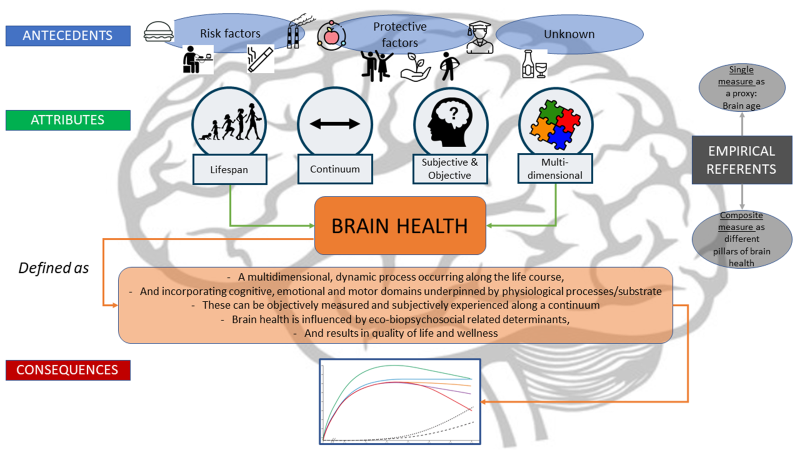Alice in Wonderland Syndrome (AIWS): When Reality Distorts
It’s called Alice in Wonderland Syndrome (AIWS) — where everyday life feels like a scene from a dream.
- Small becomes big.
- Big becomes small.
- Time bends. Reality twists.
What Is Alice in Wonderland Syndrome?
Alice in Wonderland Syndrome (AIWS) causes a distorted perception of:
-
Vision
-
Body image
-
Time
-
Space
Just like Alice when she shrinks or grows — but this time, it’s real.
Often linked with migraines, the brain temporarily misinterprets signals from the environment.
This condition affects children and adults, anywhere in the world.
Many people experience it without knowing what it is.
What Causes AIWS?
Leading neurological experts believe triggers include:
-
Migraines (the most common cause)
-
Epilepsy
-
Viral infections (like Epstein–Barr Virus)
-
Severe stress or anxiety
-
Lack of sleep
-
Head trauma
-
Psychedelic and hallucinogenic substances
AIWS isn’t permanent — but episodes can be alarming.
Symptoms: When Reality Shifts
Signs most people report include:
-
Micropsia — objects appear very small
-
Macropsia — objects appear very large
-
Body parts change shape or size
-
Rooms appear stretched or shrinking
-
Time feels too fast or too slow
-
Sounds seem louder or softer
-
Feeling disconnected from surroundings
Episodes last seconds to minutes, but can feel eternal.
Is Alice in Wonderland Syndrome Dangerous?
The syndrome itself is not harmful,
But the underlying cause might be.
It may lead to:
- Anxiety
- Panic
- Loss of focus
- Social isolation
That’s why a medical evaluation is important.
Diagnosis and Treatment
There is no single test for AIWS.
Doctors may check:
-
Brain MRI/CT scan
Neurological examination
-
Infection testing
Treatment depends on the root cause:
- Migraine management
- Stress reduction & better sleep
- Avoiding drugs and alcohol
- Treating infections
- Cognitive health support
If symptoms increase → seek professional help immediately.
Real Stories — Silent Suffering
“Everything looked tiny… even my own legs. I panicked. It lasted one minute, but it felt like forever.”
Millions struggle without answers — Let’s raise awareness and encourage people to seek help.
Related Articles You May Like
Internal links boost SEO — Just insert your published links:
-
🔗 Mental Disorders (Depression) —Read Here
-
🔗 Cognitive Blindness —Read Here
-
🔗 Migraine Dangers & Brain Health — Read Here
Final Thoughts
Alice in Wonderland Syndrome shows how delicate our perception truly is.
Understanding it can:
- Reduce fear
- Help with early diagnosis
- Improve mental well-being
If you or someone you love experiences distorted perception…
Don’t ignore it — get medical guidance.
Your brain is your world’s control center. Take care of it. ❤️
Disclaimer
Affiliate Disclosure: Some links above are affiliate links. If you click and purchase, I may earn a small commission at no extra cost to you — helping me continue providing free health education.
Medical Disclaimer: Content is educational only and not a substitute for professional diagnosis or treatment. Always consult a qualified healthcare provider.



Comments
Post a Comment
Thank you for your comment and please check our other blogs. We wait for you.